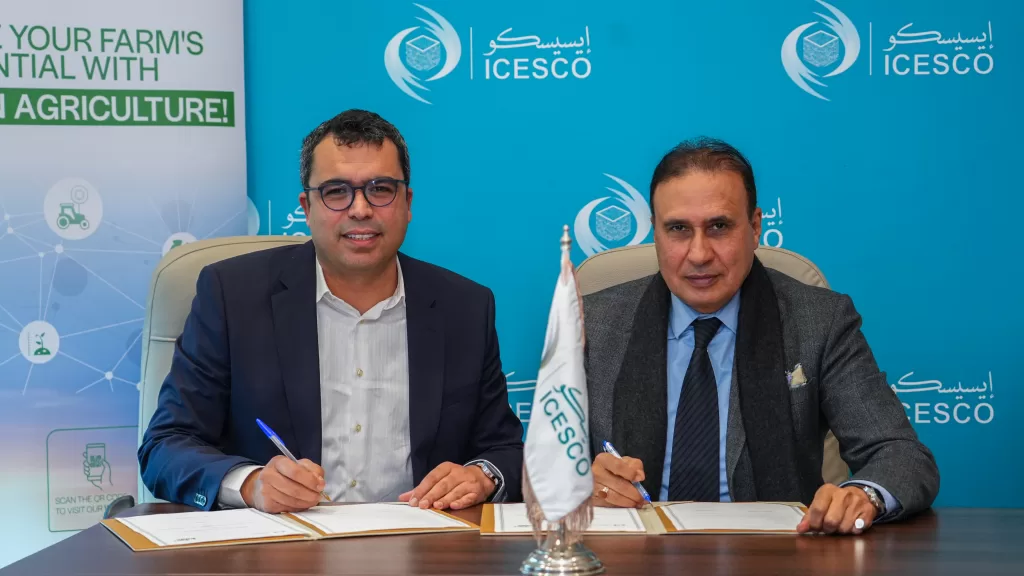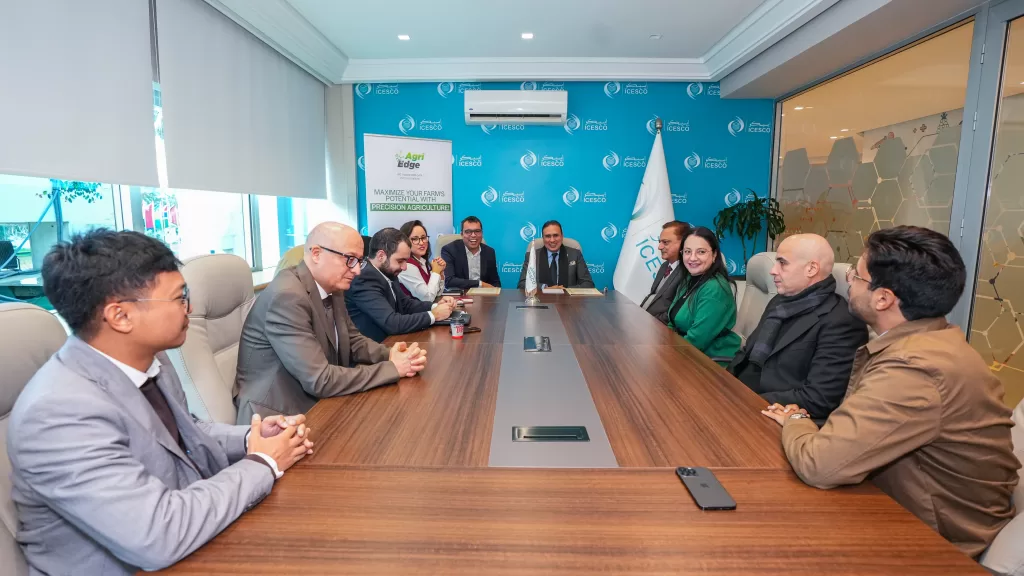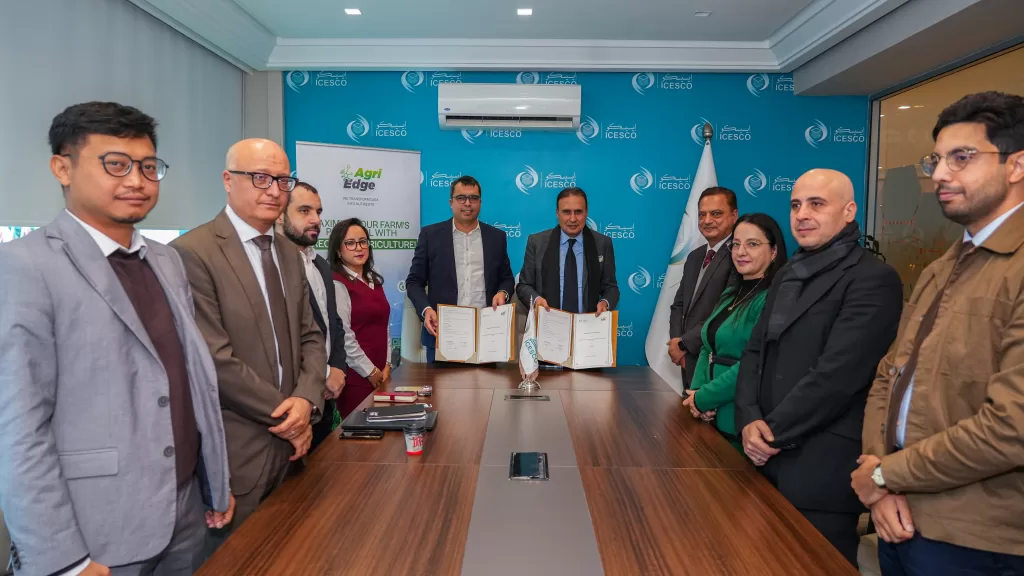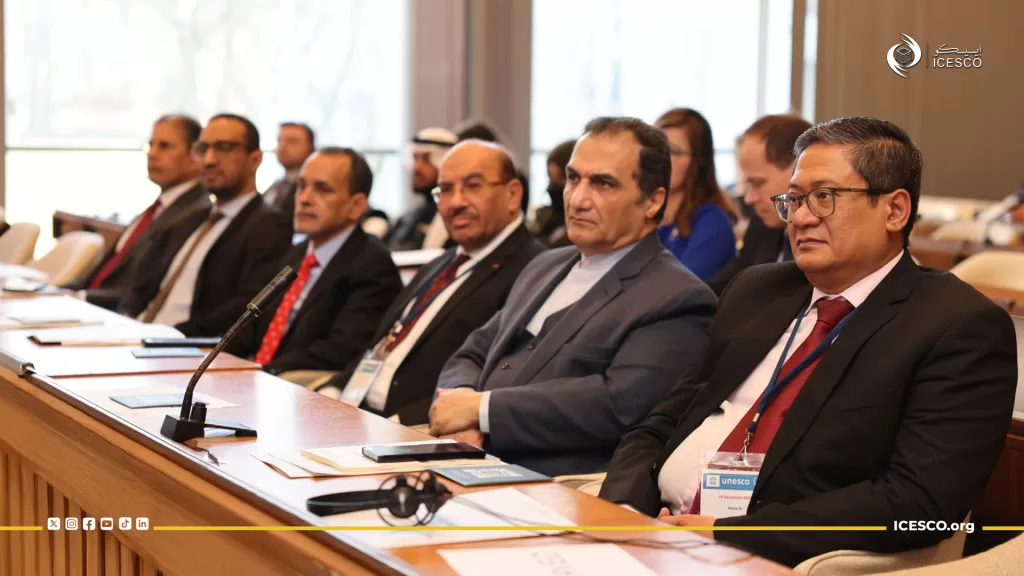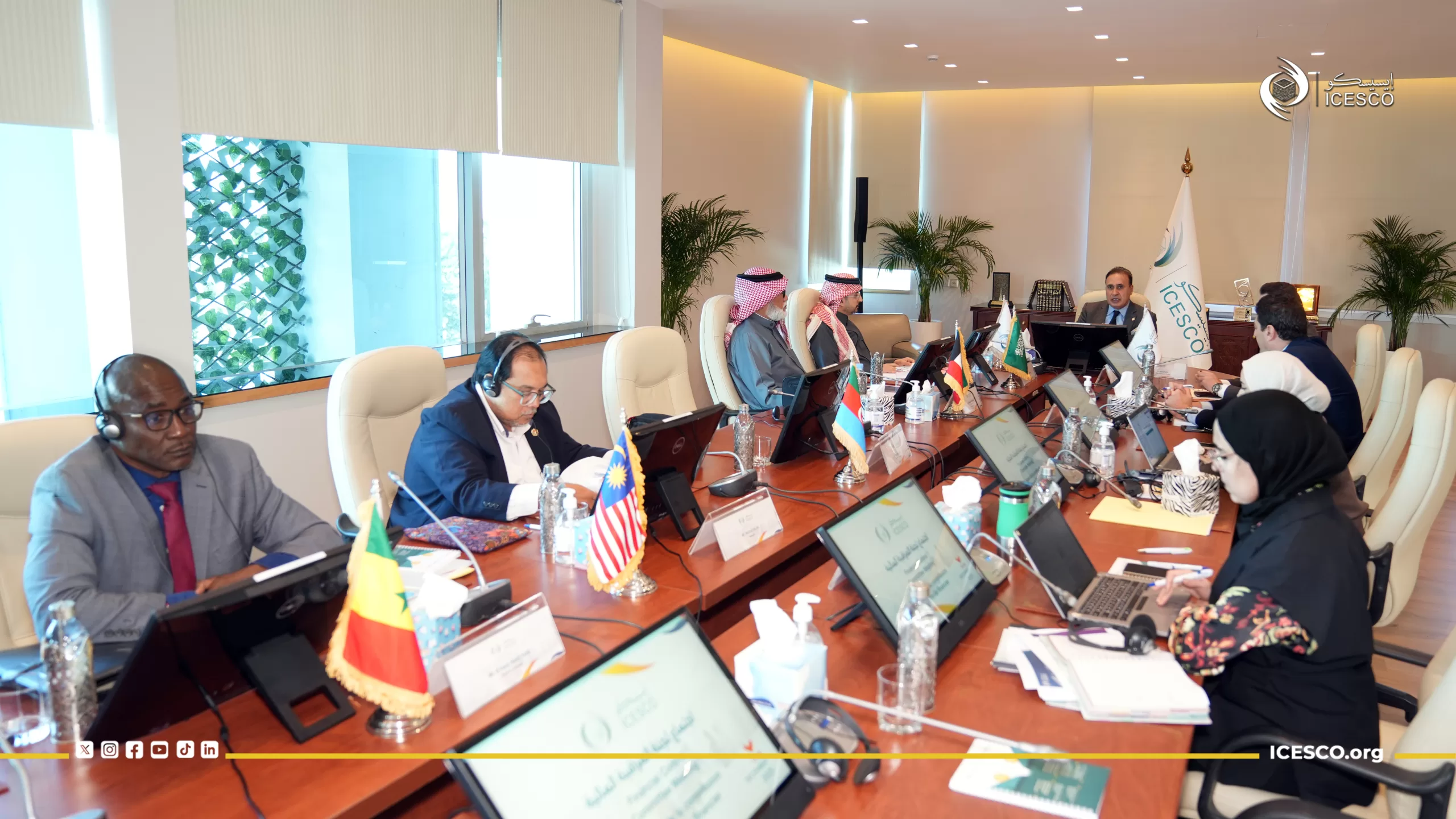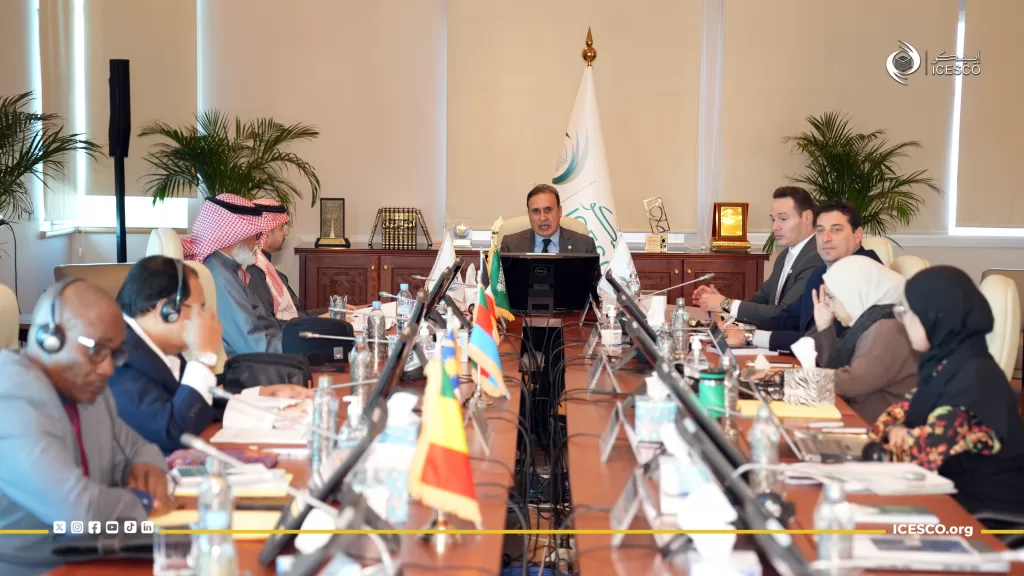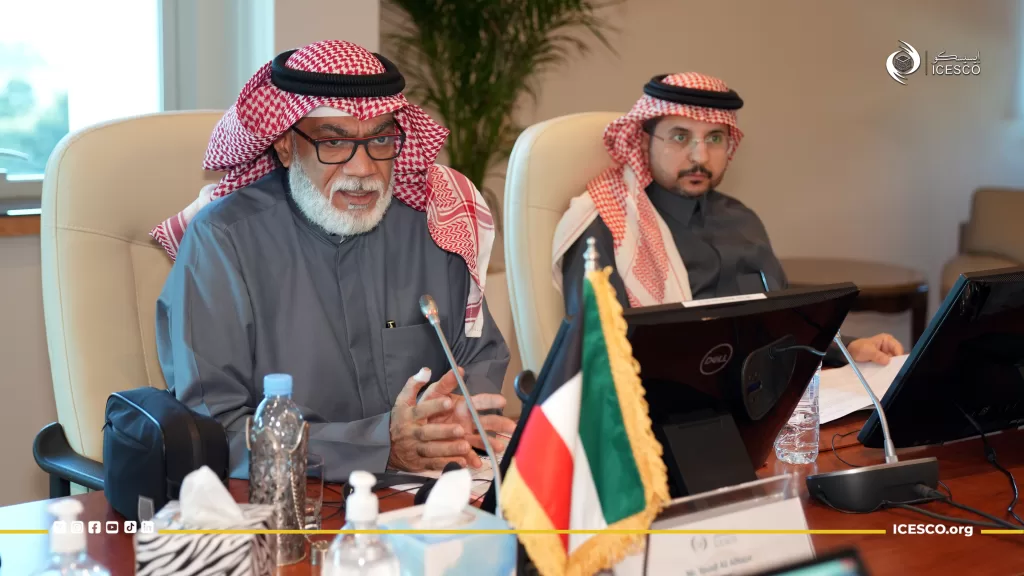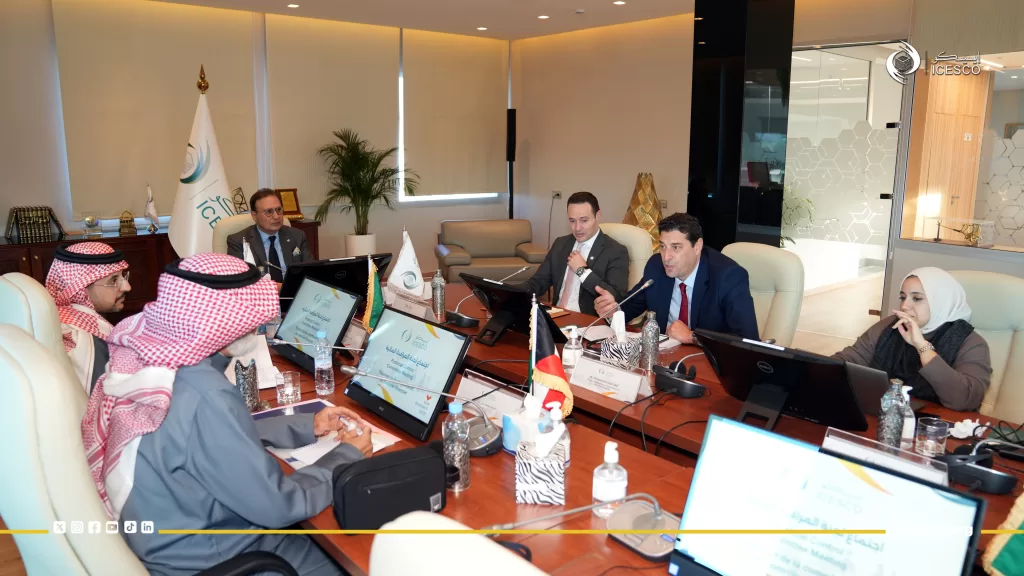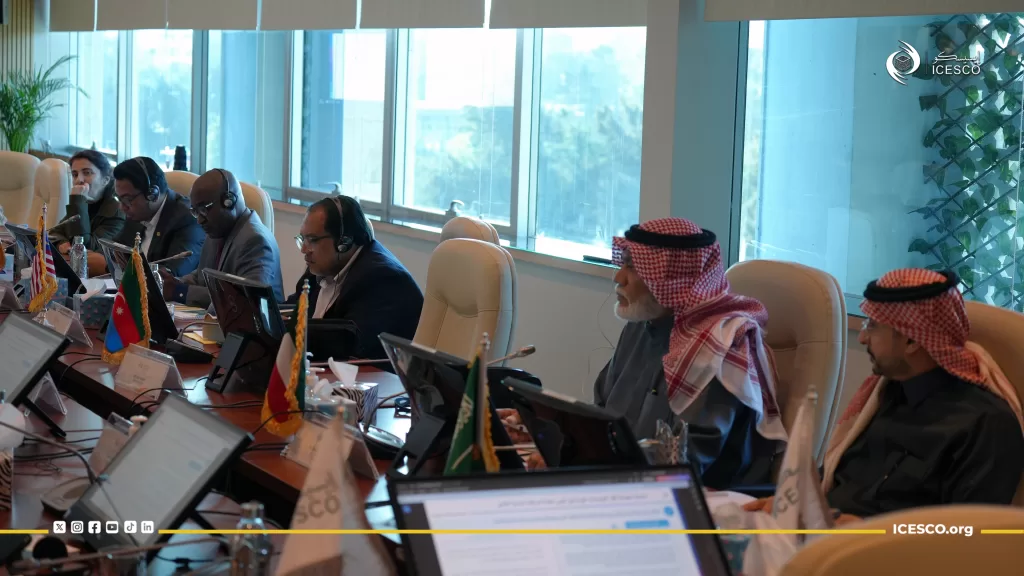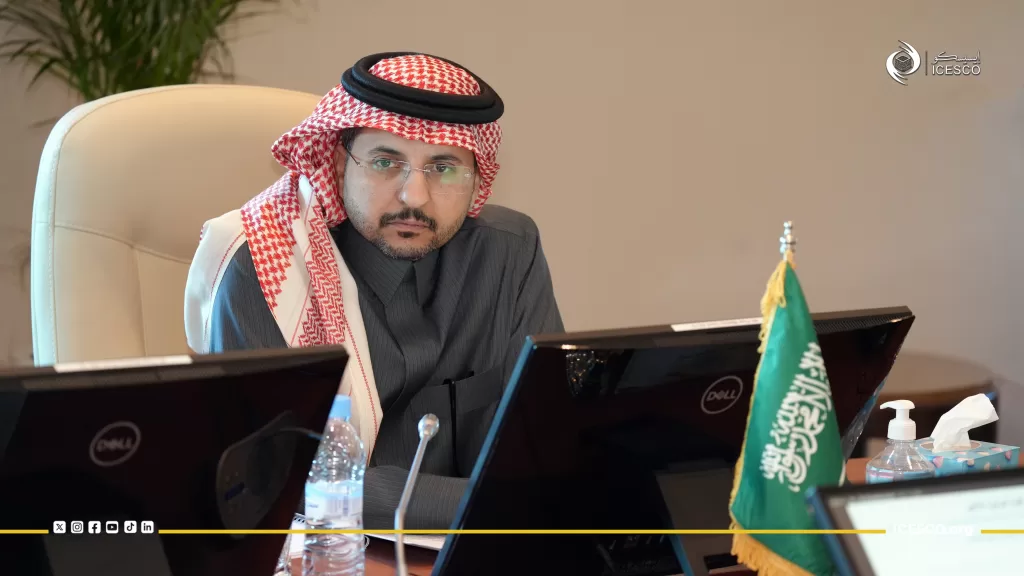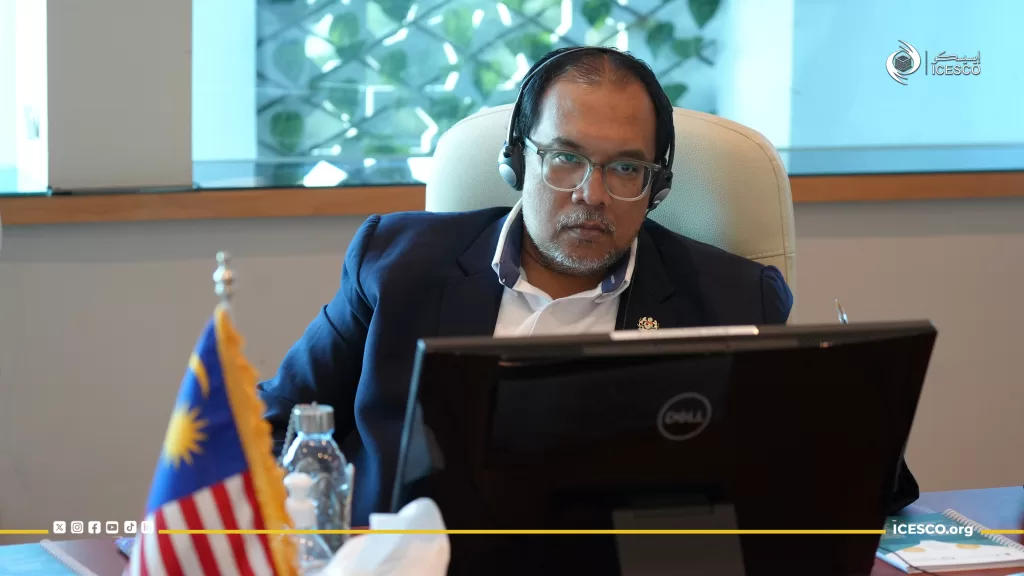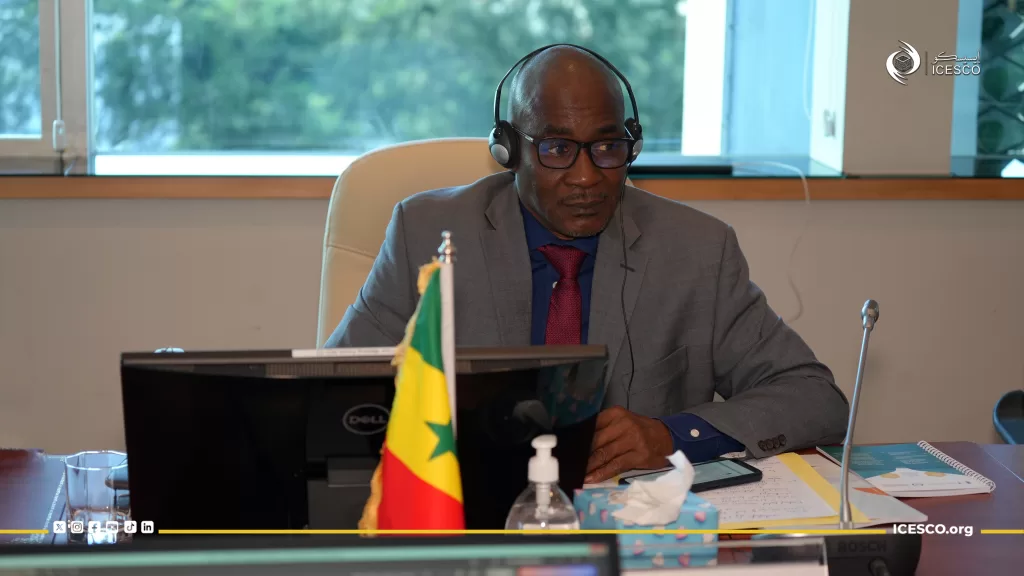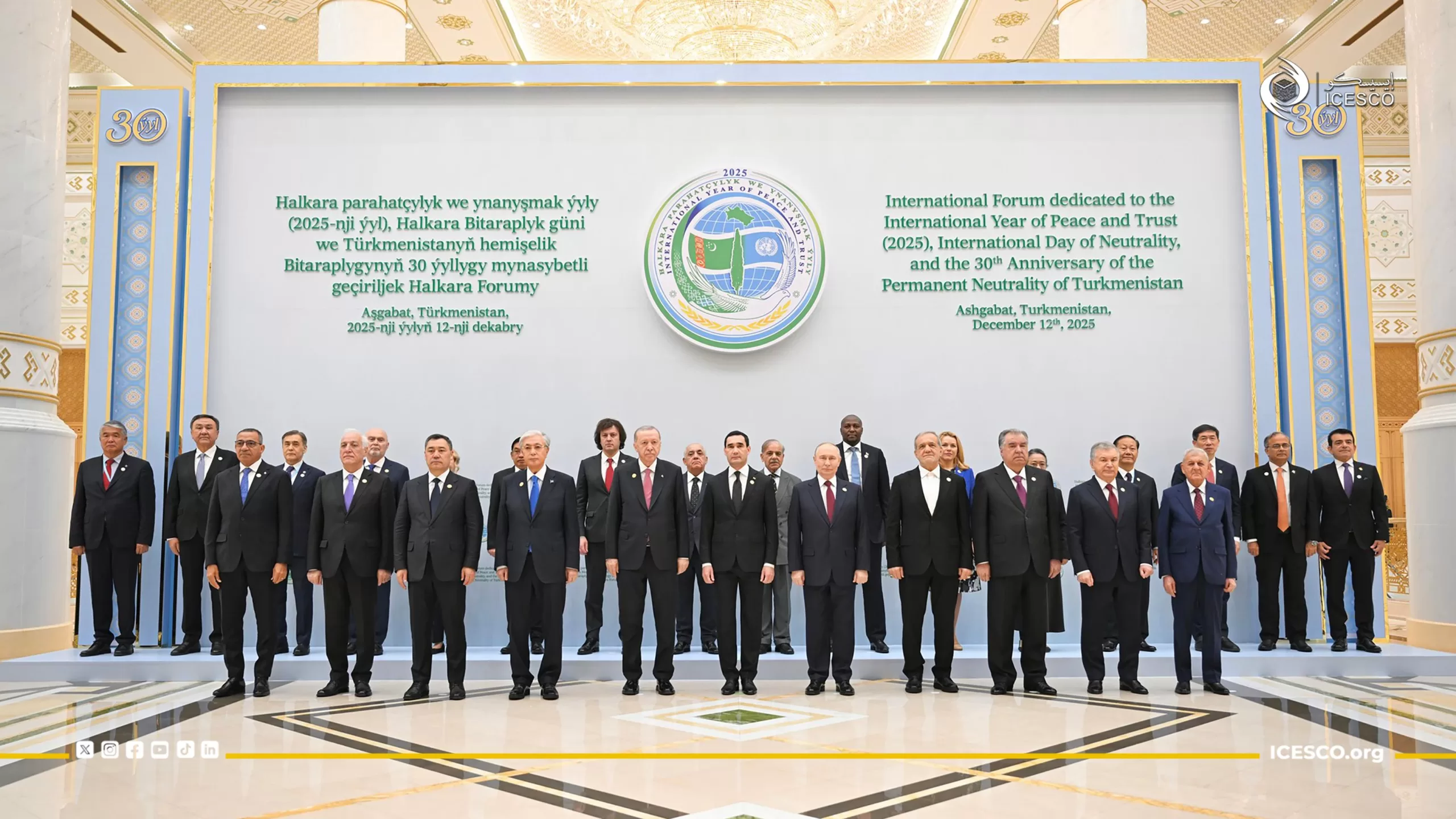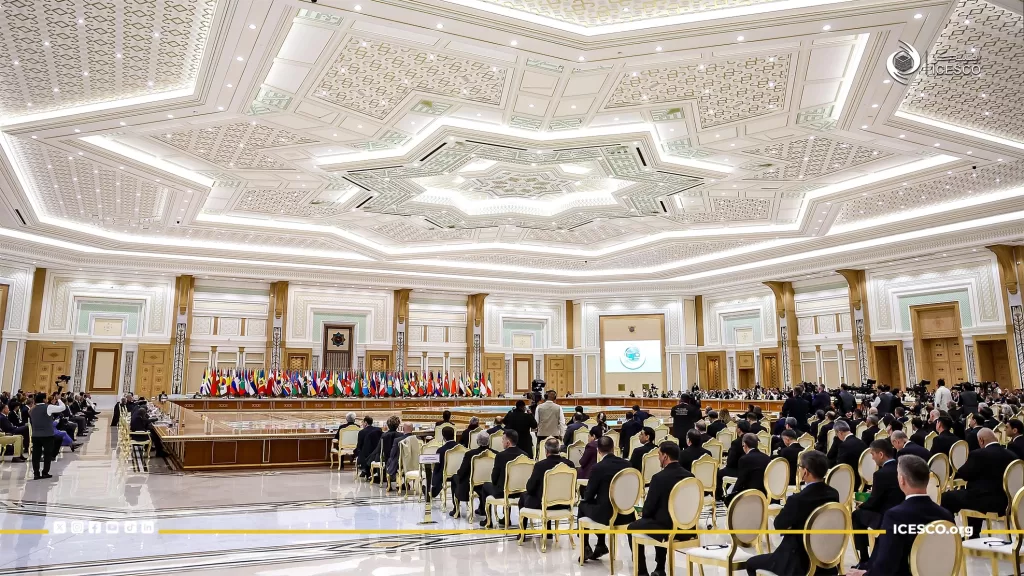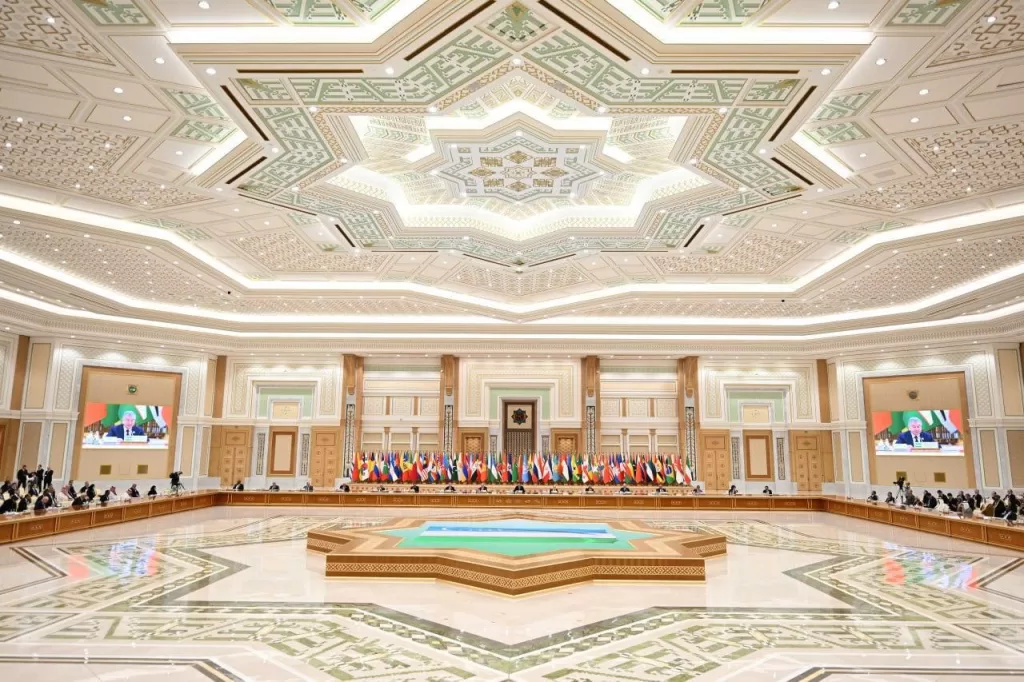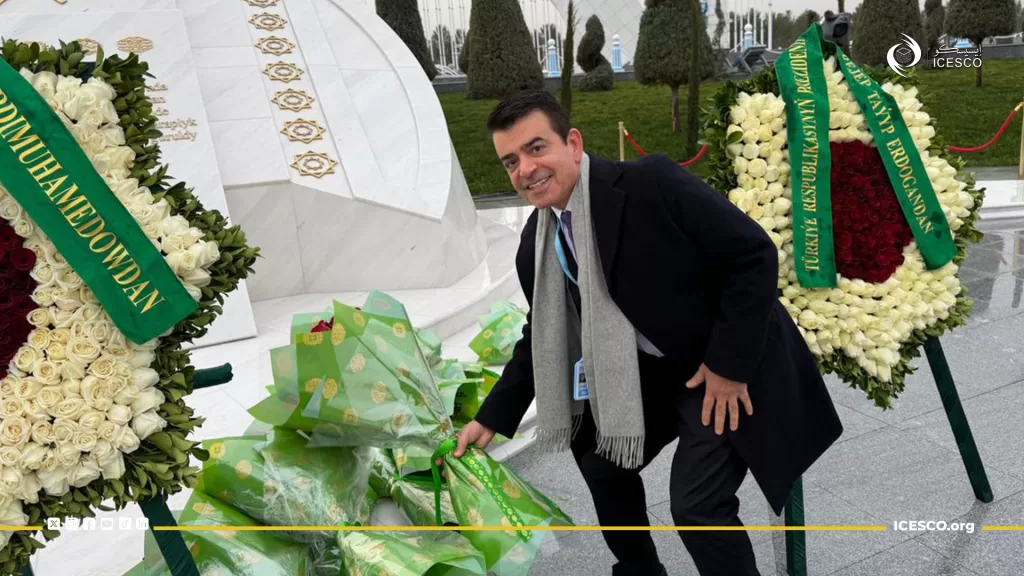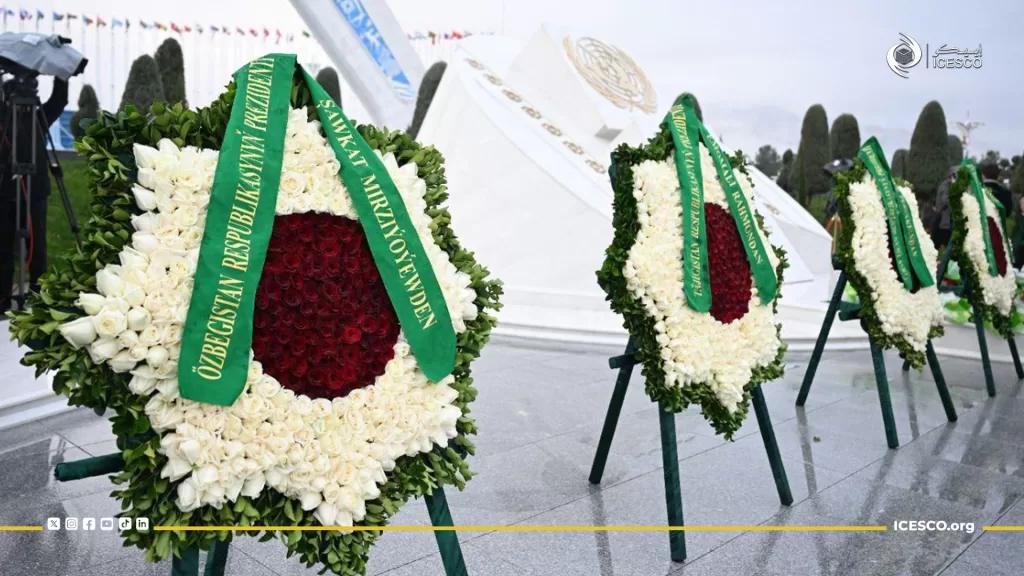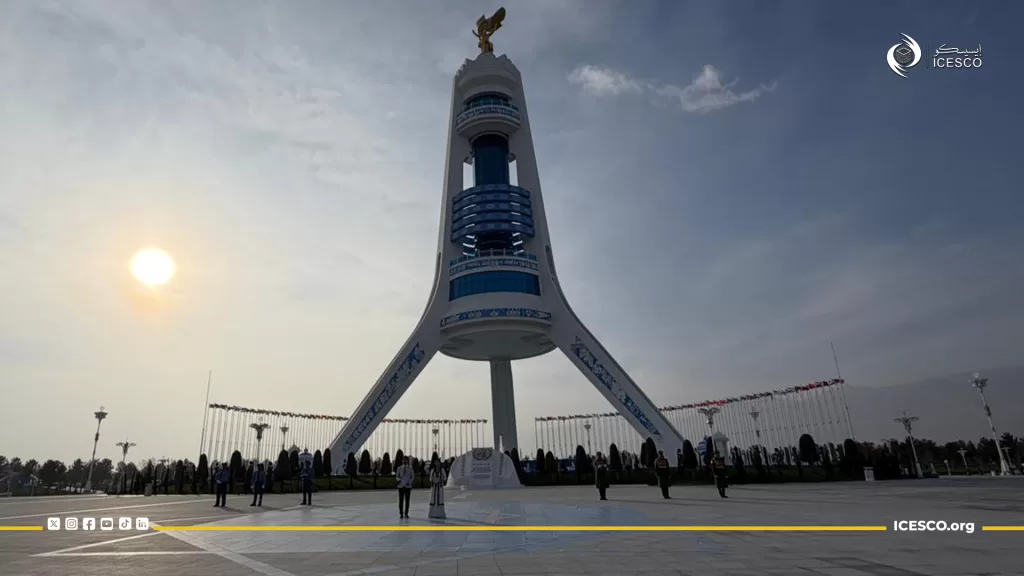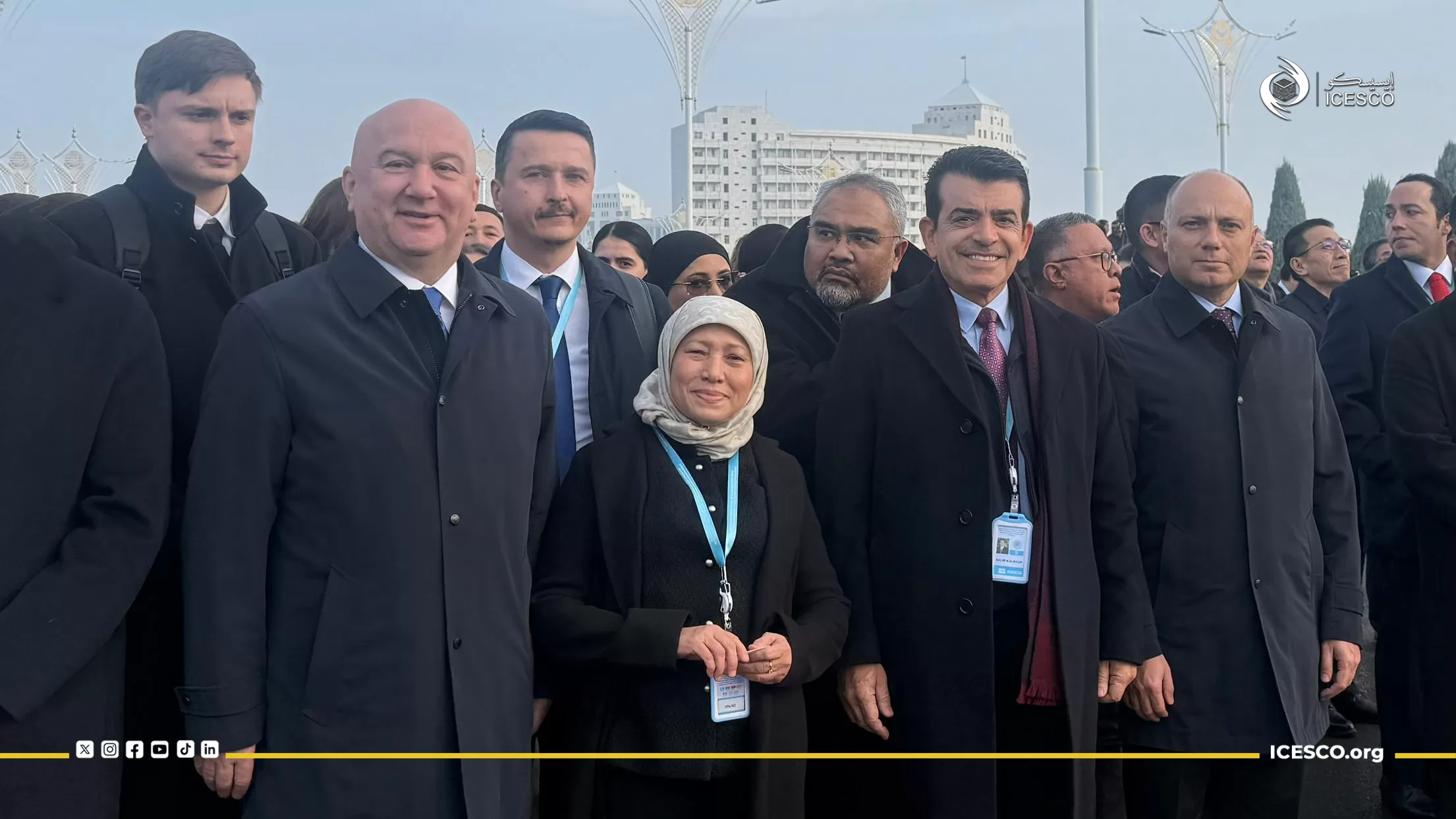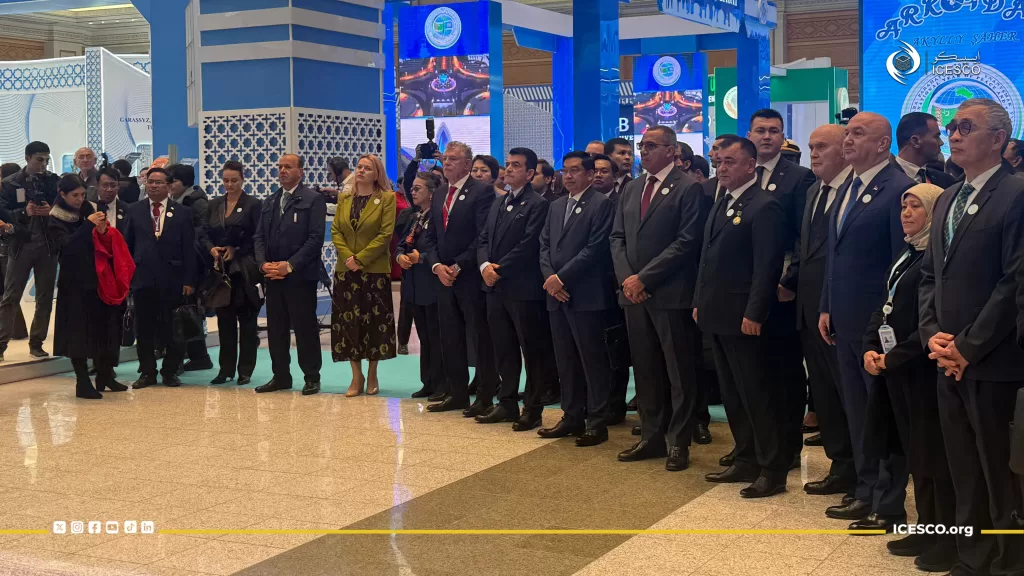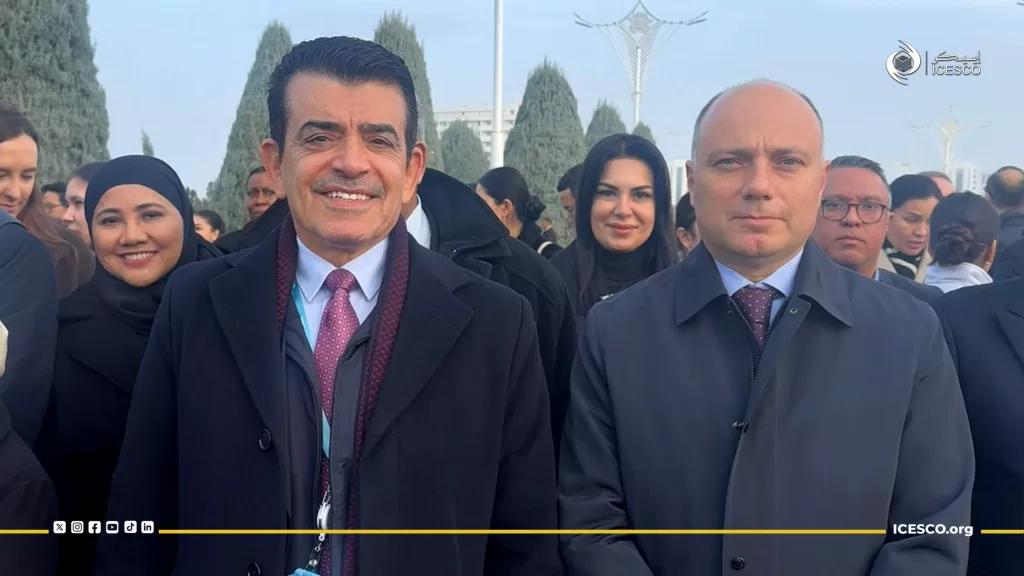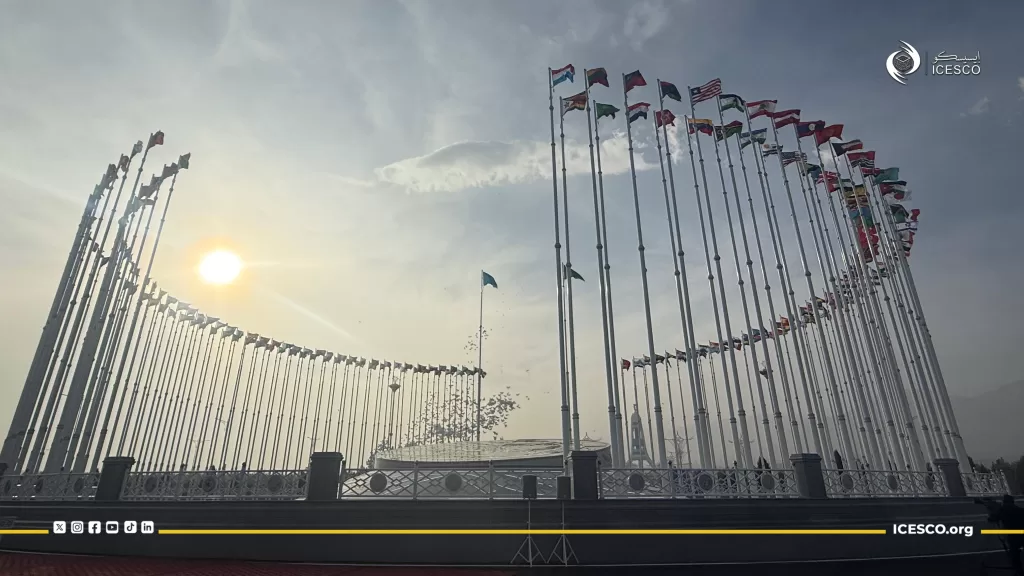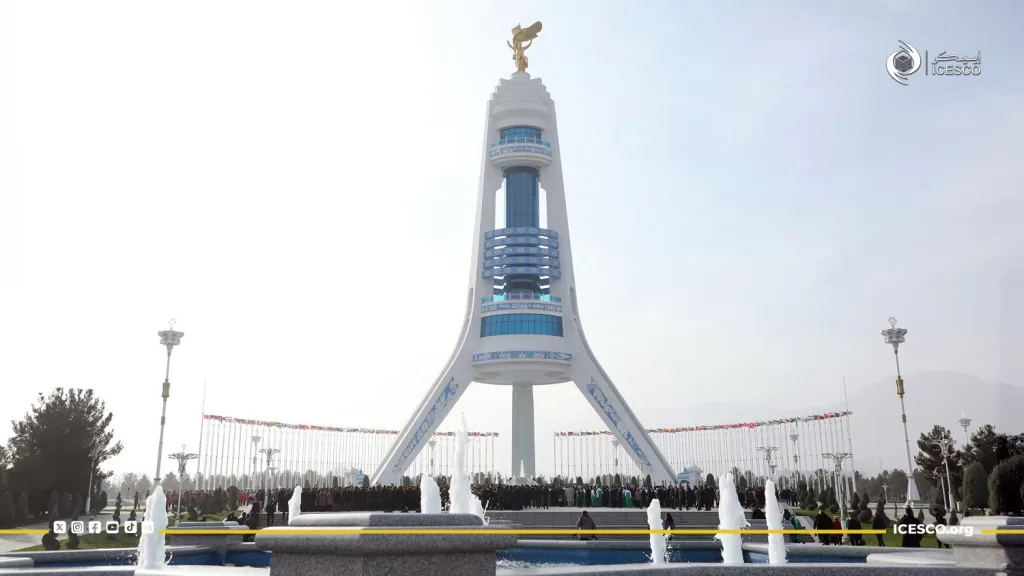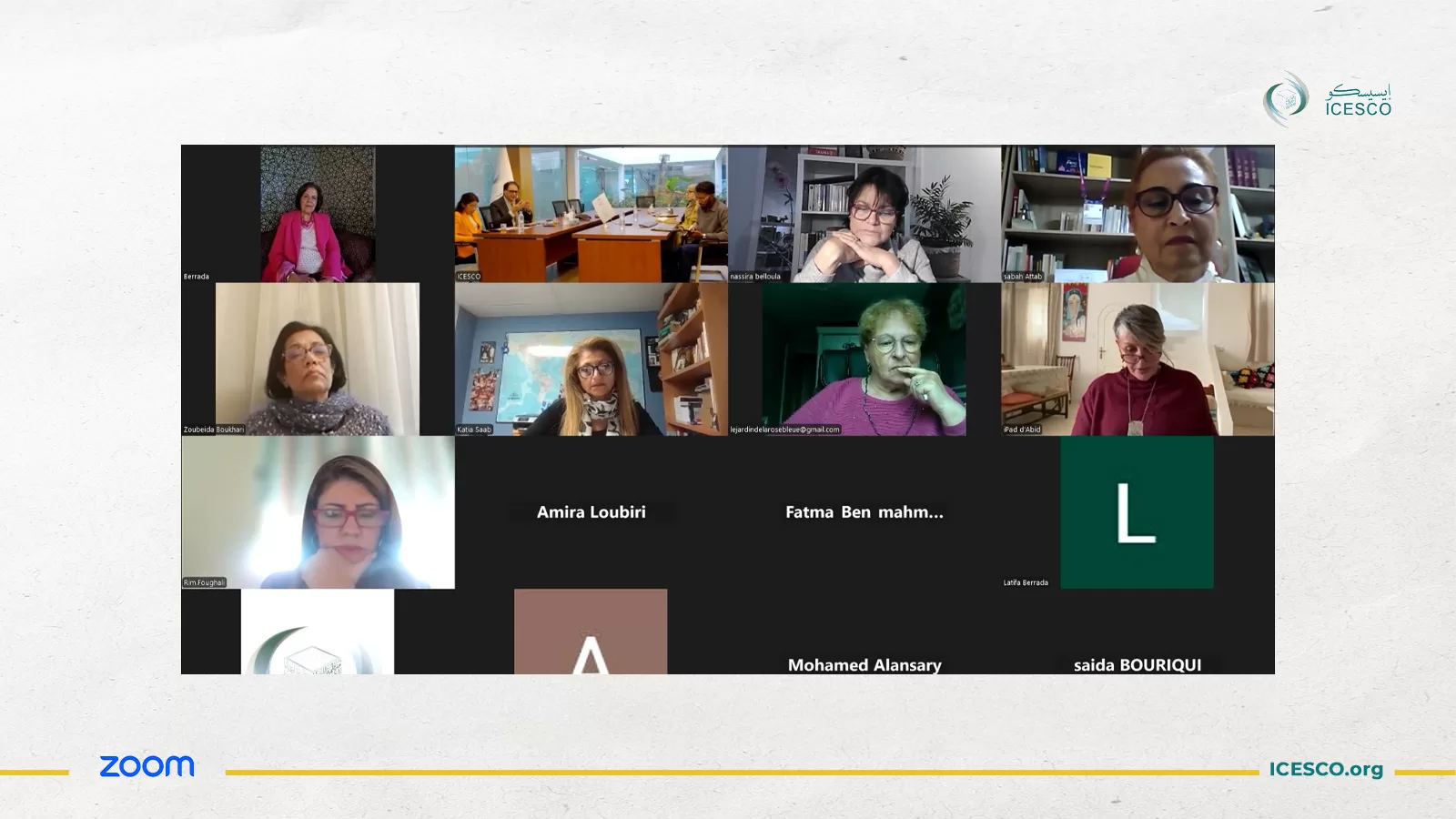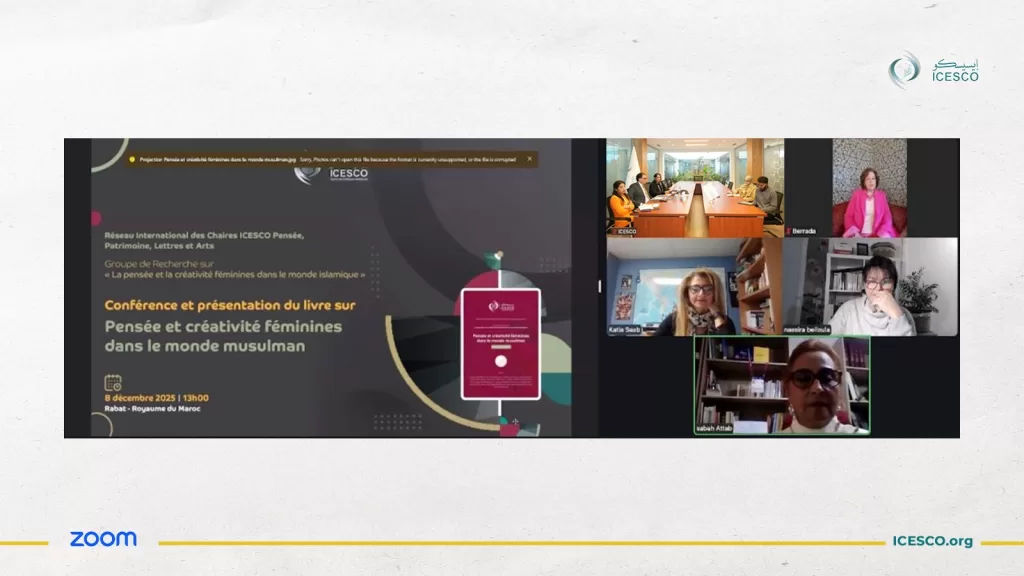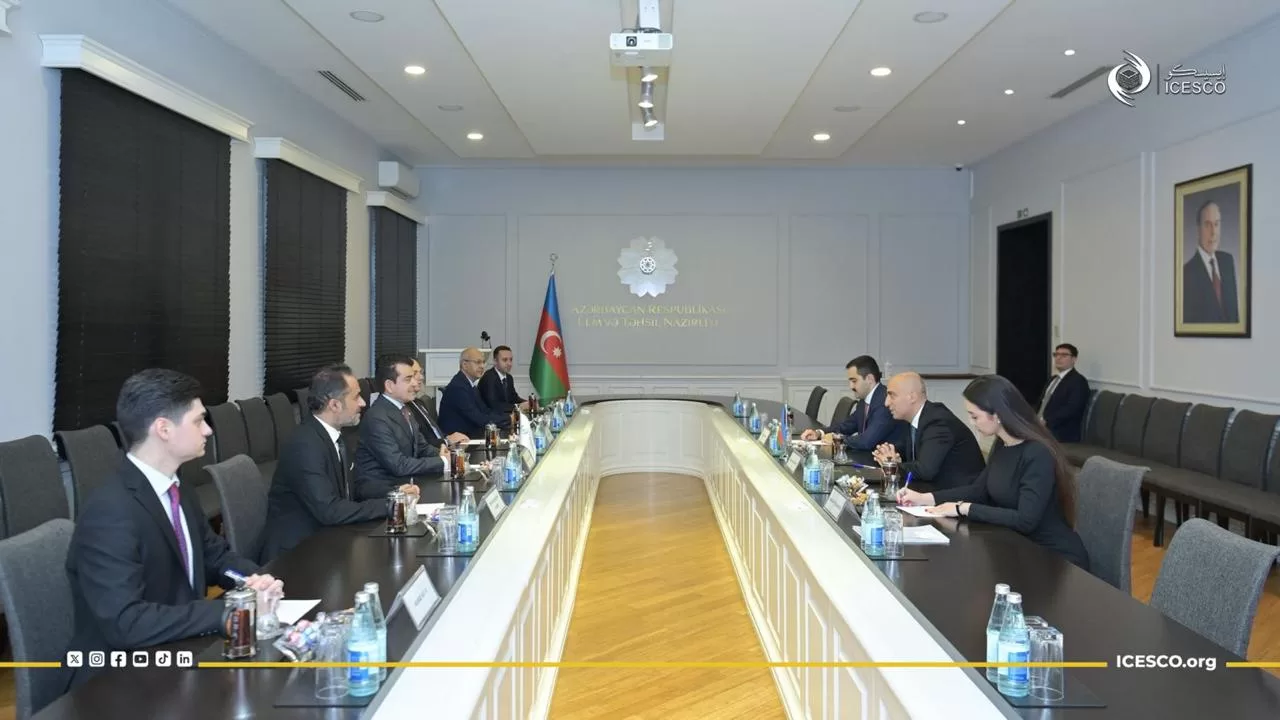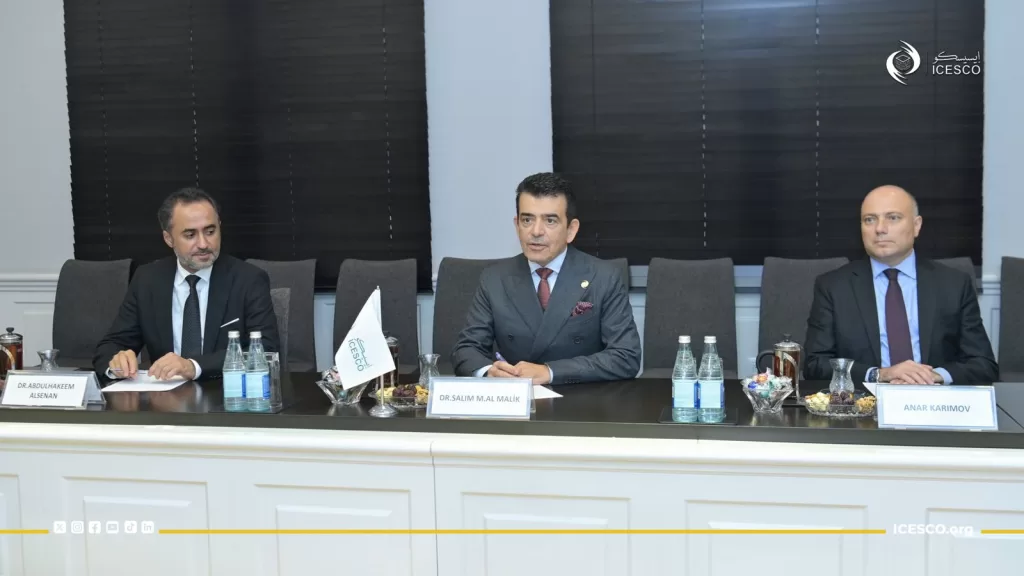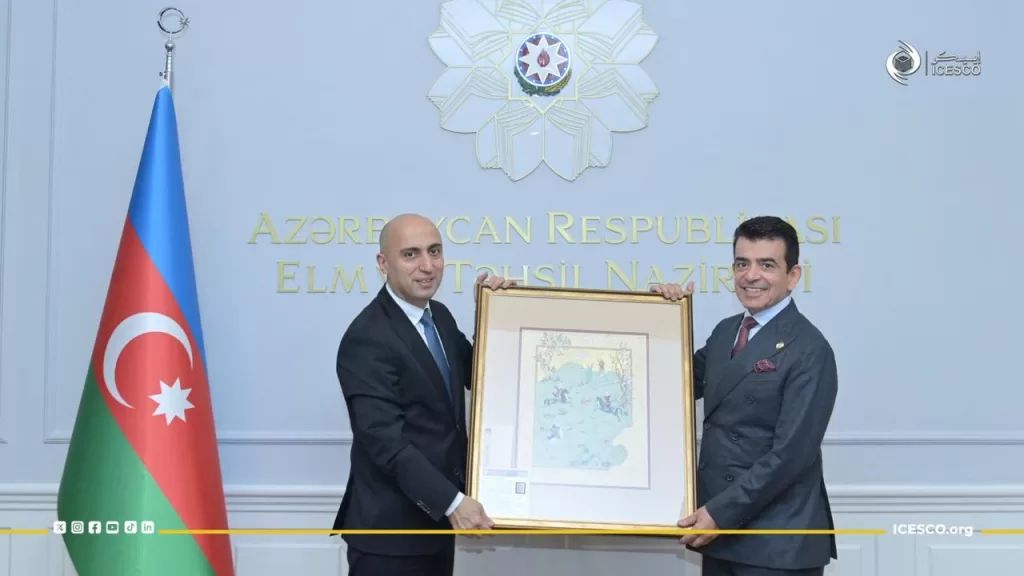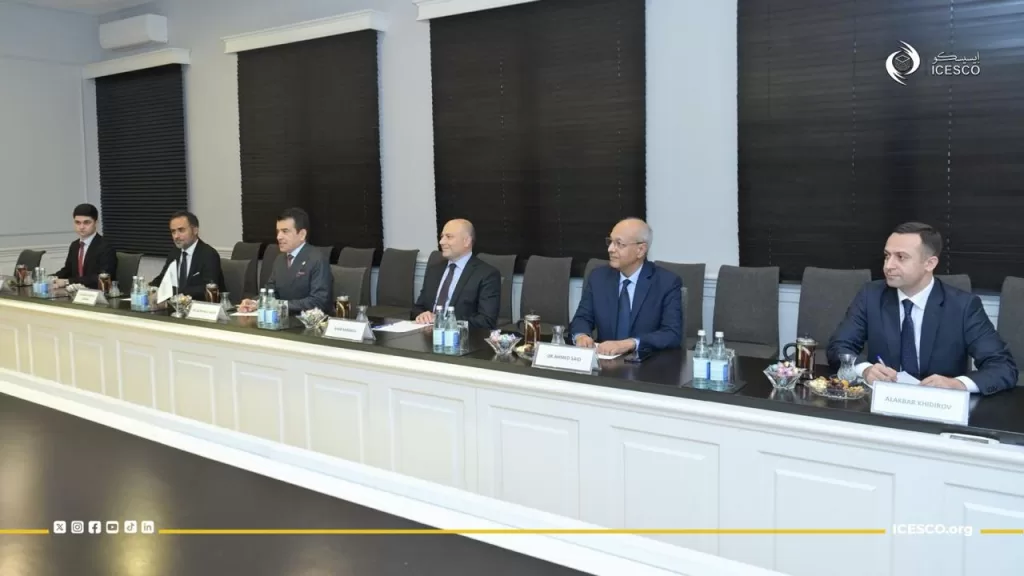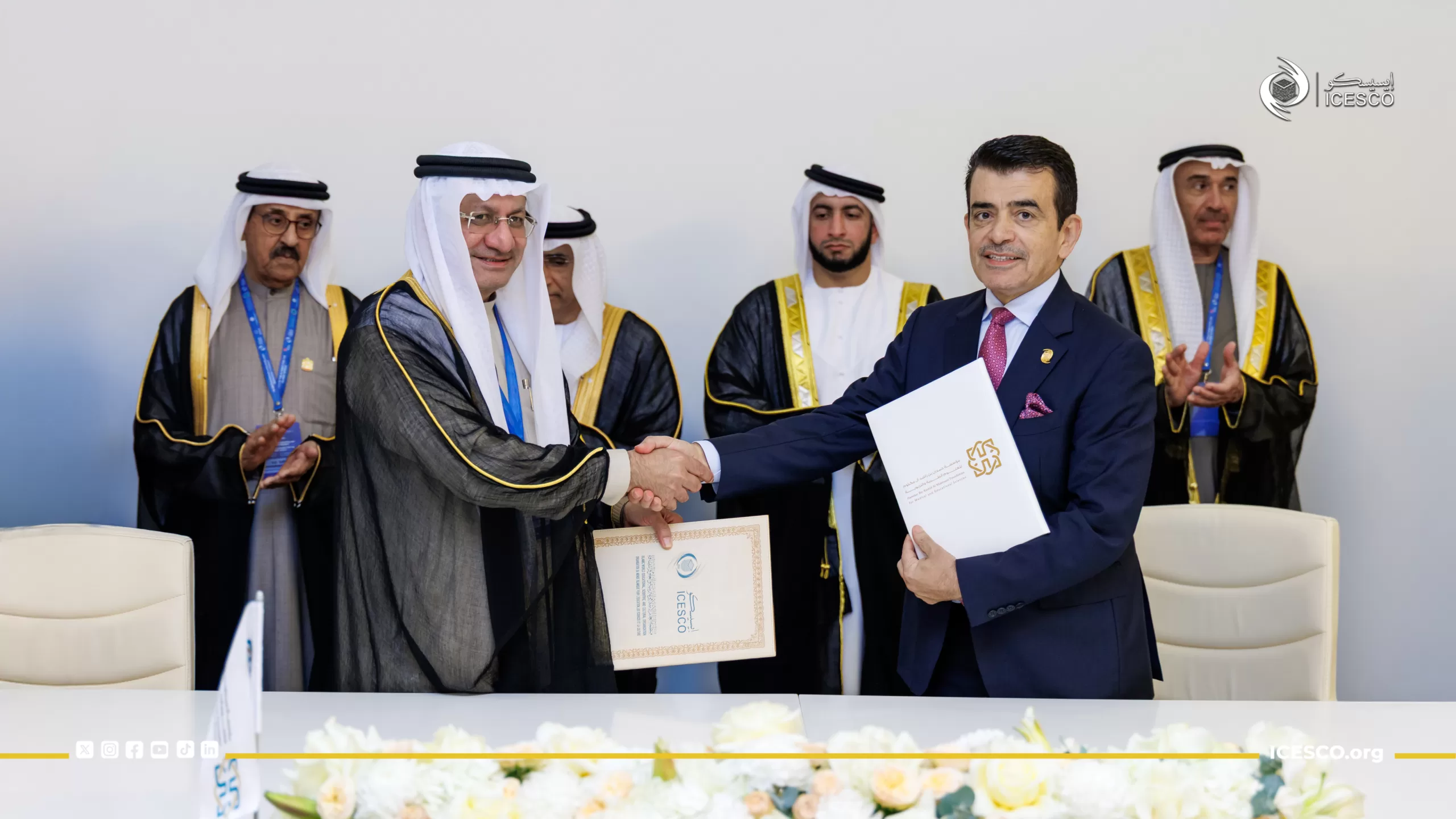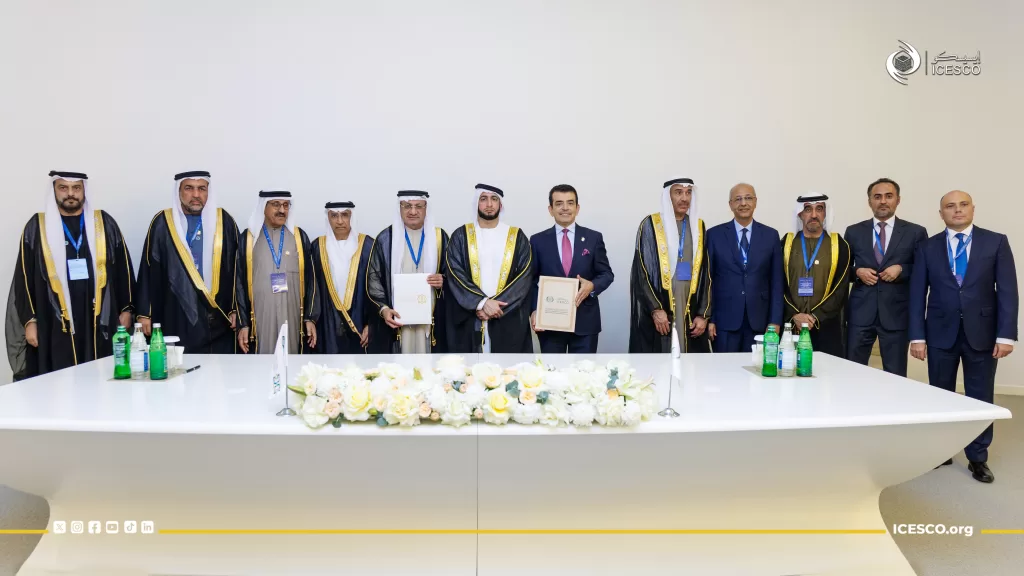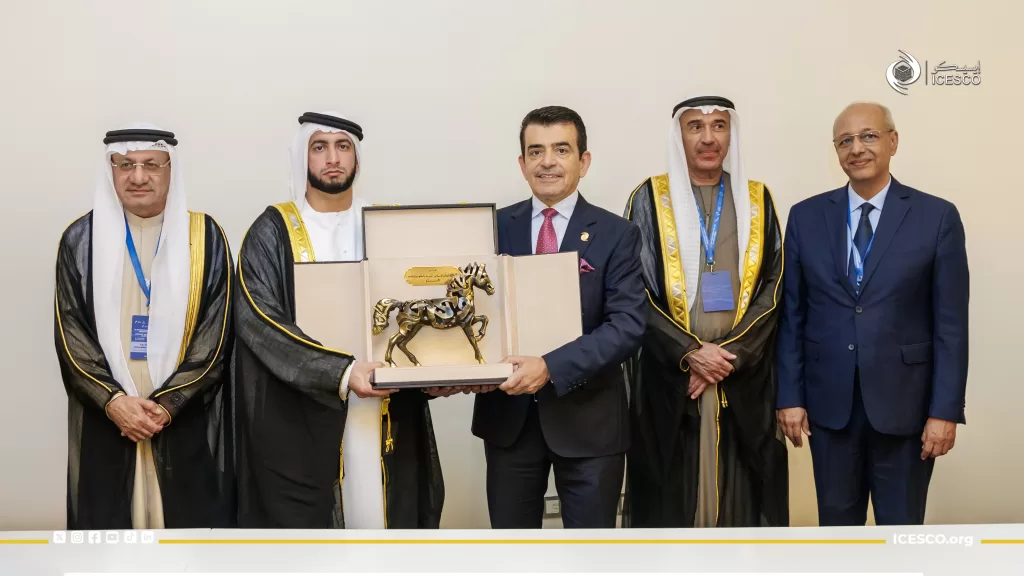Dr. Salim M. AlMalik, Director-General of the Islamic World Educational, Scientific and Cultural Organization (ICESCO), received on Thursday, 18 December 2025, at the Organization’s headquarters in Rabat, Mr. Saud Al-Musaed, Ambassador of the Kingdom of Saudi Arabia to the Republic of Sierra Leone.
Dr. AlMalik congratulated the Saudi Ambassador on the royal trust placed in him through his appointment as Ambassador to Sierra Leone, commending his diplomatic efforts and contributions during his tenure as Chargé d’Affaires at the Embassy of Saudi Arabia in the Kingdom of Morocco.
The two parties discussed possible areas of cooperation between the Embassy of Saudi Arabia in Sierra Leone and ICESCO, particularly in education, culture, and science, with a view to supporting the implementation of development programs and projects in Member States.
Moreover, Dr. AlMalik highlighted ICESCO’s sustained engagement in Sierra Leone, outlining the programs, activities, and projects the Organization has implemented over the past five years in education, culture, and science, and reaffirming its commitment to expanding its initiatives and strengthening institutional partnerships.
At the close of the meeting, Dr. AlMalik expressed his appreciation to Mr. Saud Al-Musaed for his visit and his dedication to fostering cooperation between both sides in support of education, science, and culture.



